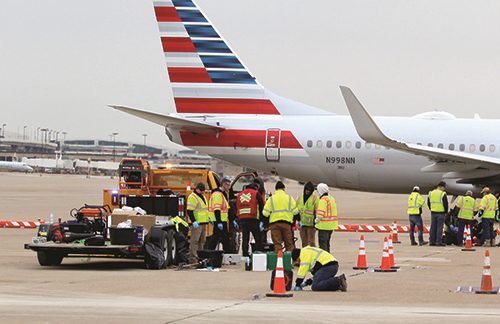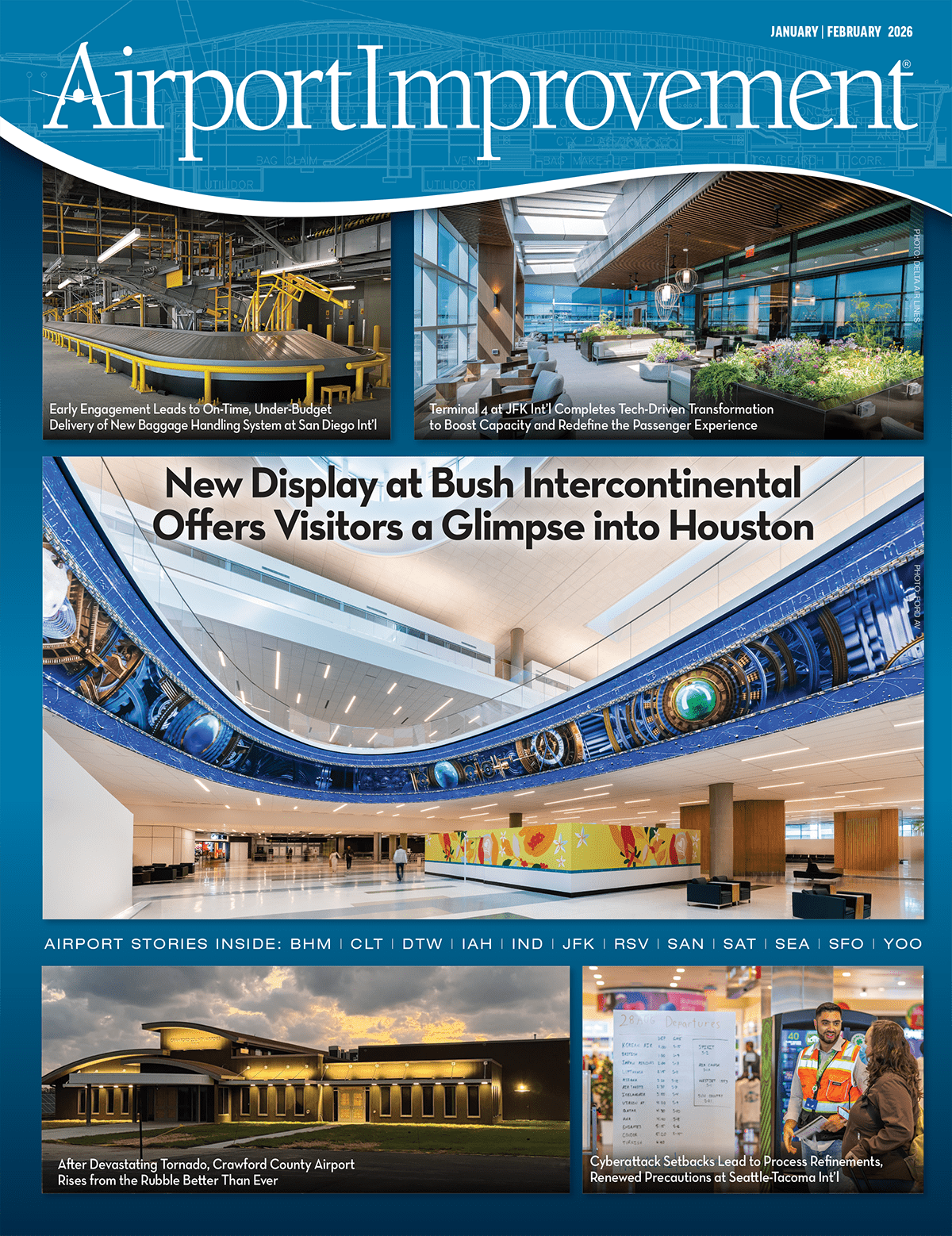Earlier this year, Dallas Fort Worth International Airport (DFW) partnered with one of its long-time vendors to provide two days of airfield pavement and joint repair training at the airport. About 30 DFW pavement maintenance workers and in-house quality control/quality assurance personnel attended the first full-day session on Jan. 29. The following day, members of its Design Code and Construction staff joined contractors from around the country for similar training.
Earlier this year, Dallas Fort Worth International Airport (DFW) partnered with one of its long-time vendors to provide two days of airfield pavement and joint repair training at the airport. About 30 DFW pavement maintenance workers and in-house quality control/quality assurance personnel attended the first full-day session on Jan. 29. The following day, members of its Design Code and Construction staff joined contractors from around the country for similar training.
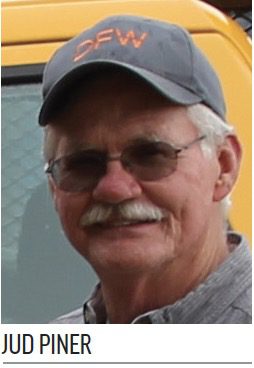 In all, approximately 100 people received classroom instruction and hands-on lessons from D.S. Brown Co., a company that specializes in engineered products for transportation infrastructure such as airfields, bridges and highways. Trainers focused on concrete joint compression seal repairs, concrete spalling repairs and operation/maintenance of the company’s compression seal equipment.
In all, approximately 100 people received classroom instruction and hands-on lessons from D.S. Brown Co., a company that specializes in engineered products for transportation infrastructure such as airfields, bridges and highways. Trainers focused on concrete joint compression seal repairs, concrete spalling repairs and operation/maintenance of the company’s compression seal equipment.
“Holding the training at DFW made it much easier for our staff and local contractors to attend,” says Jud Piner, the airport’s infrastructure maintenance manager. “A number of national contractors that will likely perform work at the airport in the future also participated.”
|
facts&figures Project: Airfield Concrete Joint & Surface Repair Training Location: Dallas Fort Worth Int’l Airport Trainer: D.S. Brown Co. Attendees: DFW airfield maintenance workers, in-house quality control/quality assurance personnel, design code & construction staff; outside pavement contractors Benefits: Onsite training was more convenient & less costly for airport; active airfield provided realistic work conditions for attendees |
Demonstrations and hands-on sessions were held at DFW’s busy airfield to provide realistic work conditions for attendees. The airport barricaded a section of its southeast hold pad so instruction did not interfere with ongoing operations.
Onsite Curriculum
Training was divided into four sessions. During the first, trainers outlined the various types of joint sealants and spall repair materials, and explained the science behind the products and recommended installation techniques. They also discussed the benefits, limitations and life expectancies of hot-pour filler, silicone with backer rod and preformed compression seals. For spall repair, training focused on site preparation, mixing and application of Delpatch™, the company’s proprietary two-part polyurethane patching material, and PaveSaver™, a non-shrink epoxy-based elastomeric concrete patching material.
Attendees then moved to DFW’s Maintenance Building for a session about the Kompressor™, D.S. Brown’s proprietary compression seal machine. “They learned what to do, what not to do, how to clean it—everything one might encounter on an airfield job,” says Uriah Carpenter, the company’s regional sales manager.
After a lunch break, attendees moved out to the airfield for hands-on demonstrations about joint sealing. Specific topics included preparation techniques such as saw cutting, blowing and cleaning. To begin the session, instructors purposely set the company’s compression seal machine incorrectly to demonstrate issues attendees would encounter if they overstretched a seal—for instance, installing 100 feet of seal into 200 feet of concrete joint. “Then, trainers made the proper adjustments on the machine and had participants take over to install the seals properly,” says Carpenter.
“It was a very hands-on experience,” he emphasizes. “We wanted participants to put their hands on the machine, install some compression seals, see what could go wrong and learn how to do it right.”
The final session was a hands-on segment about installing spall repair materials. Trainers coached attendees about saw cutting, jackhammer work, cleanup and mixing/application.
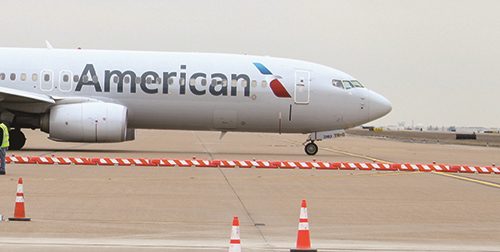
Win-Win
Typically, D.S. Brown conducts training for pavement contractors every few years at its facility in North Baltimore, OH. Onsite training at an active airfield was a new approach. When company personnel approached DFW about holding a session at the airport, management saw a number of potential upsides.
“We have large and complex projects at the airport and rely on the technical knowledge of our quality control staff and contractors. With several airfield projects in progress and more planned for the future, it is to our advantage to have trained technicians in the local contracting community,” explains Piner. “Our pavement maintenance staff learned proper techniques for concrete patching when using D.S. Brown’s or similar concrete patching products. Also, our in-house quality control staff were able to learn first-hand the proper compression seal installation techniques so they could better evaluate the work of contractors.”
Other than providing access to its facility and airfield, DFW did not incur any other costs. D.S. Brown provided 12 instructors, training materials and equipment, and paid for hotel accommodations and meals of attendees who did not live in the Dallas area.
Both consider the arrangement a win-win: DFW reduced its cost for training airfield maintenance and quality control staff, and D.S. Brown increased the realism of its hands-on sessions.
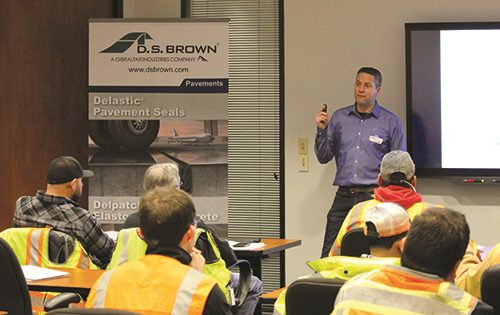
“By doing the training at the airport, participants gained on-site experience working with joint seals and spall patching,” Carpenter says. “With aircraft taking off, landing and taxiing right next to us as we worked, instructions and questions had to be shouted out, creating a real-life work atmosphere.”
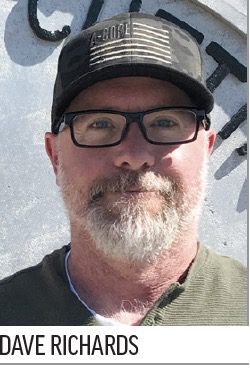 In two days, trainers and attendees performed 22 spall repairs and replaced a couple hundred feet of joint seals. Carpenter notes that the small sections of pavement improvements may help DFW personnel evaluate the company’s repair materials, but their real value is what they taught attendees. The purpose of the training was to correct and improve installation procedures, provide equipment training and offer recommendations about pavement repair, he advises.
In two days, trainers and attendees performed 22 spall repairs and replaced a couple hundred feet of joint seals. Carpenter notes that the small sections of pavement improvements may help DFW personnel evaluate the company’s repair materials, but their real value is what they taught attendees. The purpose of the training was to correct and improve installation procedures, provide equipment training and offer recommendations about pavement repair, he advises.
Dave Richards, highway operations manager for a concrete contractor in Utah, particularly valued the equipment sessions. Even though Richards has worked with the company’s compression seal machines for years, he still found the training worthwhile. “I’ve broken them down to nuts and bolts and put them back together, but I
wanted to make sure I wasn’t missing anything. And I did learn a few new things. Although we haven’t done work at the airport to date, anything is possible since we do have a Fort Worth office.”

